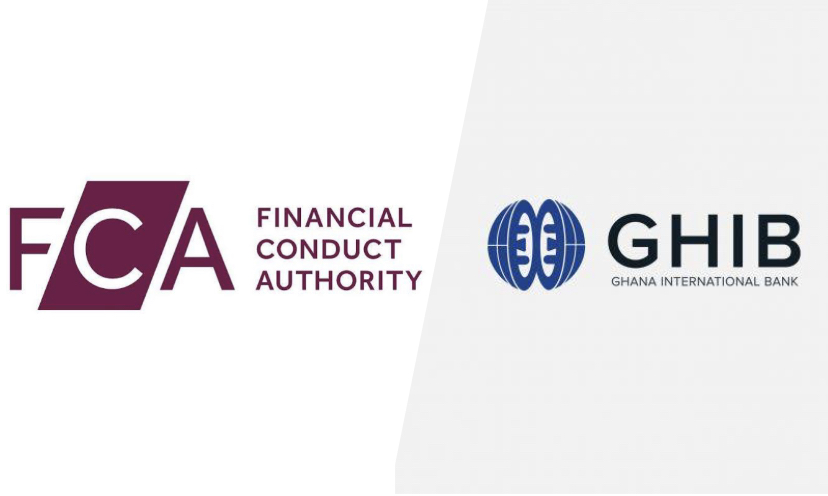The Financial Conduct Authority (FCA) of the UK has fined Ghana International Bank Plc (GHIB) £5,829,900 for poor anti-money laundering and counter-terrorist financing controls over its correspondent banking activities.
Foreign banks received correspondent banking services from GHIB. Due to their ability to accept payments in many currencies and across borders, they were able to provide goods and services that they otherwise would not have been able to.
To lower the heightened risk of money laundering and terrorist financing connected with the service, the FCA requires banks to conduct additional due diligence on its correspondent banking clients.
When GHIB created ties with the foreign banks between 1 January 2012 and 31 December 2016, it did not sufficiently carry out the extra checks that were necessary, and it did not show that it had evaluated the anti-money laundering measures at those institutions. Additionally, GHIB neglected to develop suitable rules and processes for staff, failed to provide personnel with enough training on how to properly scrutinize transactions, and failed to conduct yearly checks of the data it maintained on the banks it had relationships with.
The FCA visited GHIB in December 2016 to examine its financial crime procedures. Due to issues discovered during this visit, GHIB voluntarily decided not to accept any new clients. This limitation is still in effect. To strengthen its financial crime controls, GHIB is still collaborating with the FCA and a third party expert.
Although no actual proof of money laundering was found, these flawed systems significantly increased the likelihood of it. GHIB did not contest the FCA’s conclusions and consented to settle the fine as soon as possible, making it eligible for a 30% reduction. In the absence of it, the FCA would have levied a fine of £8,328,500 instead of the £5,829,900 it has fined the GHIB.
‘Firms are gatekeepers of the financial system and have vital obligations to ensure they are not used to facilitate or perpetrate financial crime. These failings meant that GHIB was unable to identify and assess the risks posed by its correspondent bank customers and properly scrutinise transactions worth £9.5 billion processed on their behalf during the relevant period. Ensuring firms strengthen their anti-money laundering controls and enforcing failures to comply remain high priorities for the FCA,’ said Mark Steward, Executive Director of Enforcement and Market Oversight at the FCA

